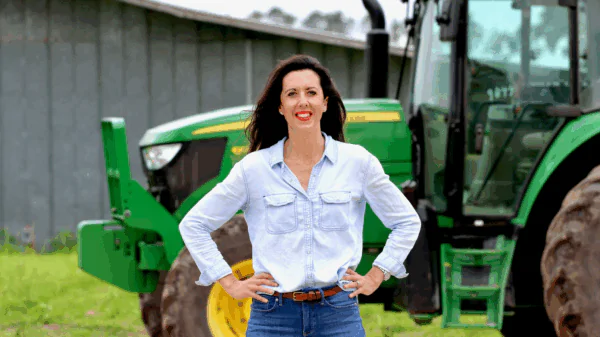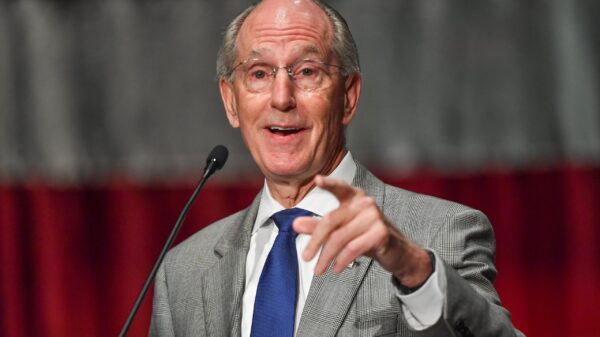By U.S. Representative Bradley Byrne
Last week, we received some really positive news about the growth of the manufacturing industry in our area. Airbus announced plans to add an additional assembly line at their facility in Mobile, and steelmaker SSAB revealed that they will be moving their national headquarters from Illinois to Mobile.
Both of these announcements are a testament to our area’s booming manufacturing industry, and I am very proud of the first-class workforce that helps make these advancements possible. Manufacturing is certainly on the rise.
That said, many are surprised to learn that agriculture remains the top overall industry in Alabama. In fact, agriculture and forestry related industries account for over 580,000 jobs in Alabama and have an economic impact of over $70 billion. According to the Alabama Cooperative Extension System, there are 3,816 farms in Alabama’s First Congressional District and over 3.6 million acres of timberland.
In an effort to highlight the key role of agriculture in our area, I headed out last week on my annual “Ag Matters” Tour to visit with farmers and landowners across Southwest Alabama. My tour this year included stops in Grand Bay, Atmore, Frisco City, Summerdale, Chatom, Grove Hill, and Monroeville.
The “Ag Matters” Tour helps me better understand and appreciate the unique challenges facing our local farmers and foresters. Unlike other industries, there are so many factors outside the control of the farmers that can have a real impact on their bottomline.
For example, at Mr. Preston Webb’s farm outside Grove Hill, I was able to see firsthand how feral hogs are causing very serious damage to his tree farm. We visited with representatives from the Alabama Forestry Commission to discuss efforts they make to mitigate the impact of feral hogs.
In Baldwin County, I visited the Summerdale Peanut Company, which is a peanut buying point operated by Joe Parker. Joe is currently the president of the National Peanut Buying Points Association, and he showed me how peanuts are weighed, graded, and sorted.
Agriculture and forestry’s impact are not limited to the farms and forests. We visited the Georgia Pacific Alabama River Cellulose mill near Monroeville, which supports more than 400 jobs. I was able to see the mill in operation and learn how they process over 4.5 million tons of wood a year.
Since being elected to Congress, I have always worked to be a steadfast advocate for agriculture and forestry. One of the first major votes I took in office was in favor of the 2014 Farm Bill. The Farm Bill is the bill that sets policy and authorizes spending for our nation’s agriculture programs. The Farm Bill is set to expire next year, so I look forward to again working toward a Farm Bill that benefits Alabama’s farmers.
I am also a co-sponsor of the Resilient Federal Forests Act. This commonsense bill would allow the transfer of emergency funds to pay for wildfire suppression, simplify environmental process requirements, and reduce the cost of implementing forest management projects. It would be a big help to Alabama’s forestry industry.
Getting rid of unnecessary and costly regulations is another way I have stood up for our farmers. For example, I voted to rescind the flawed Waters of the U.S. rule that could have expanded EPA oversight to something as small as a puddle on a family farm. I’ve also worked with our farmers to make sure the Endangered Species Act isn’t resulting in undue burdens on our farmers and landowners without any scientific benefit.
So, as our manufacturing industry continues to grow, I pledge to never forget about the backbone of Alabama’s economy: our hardworking farmers who help feed America.














































